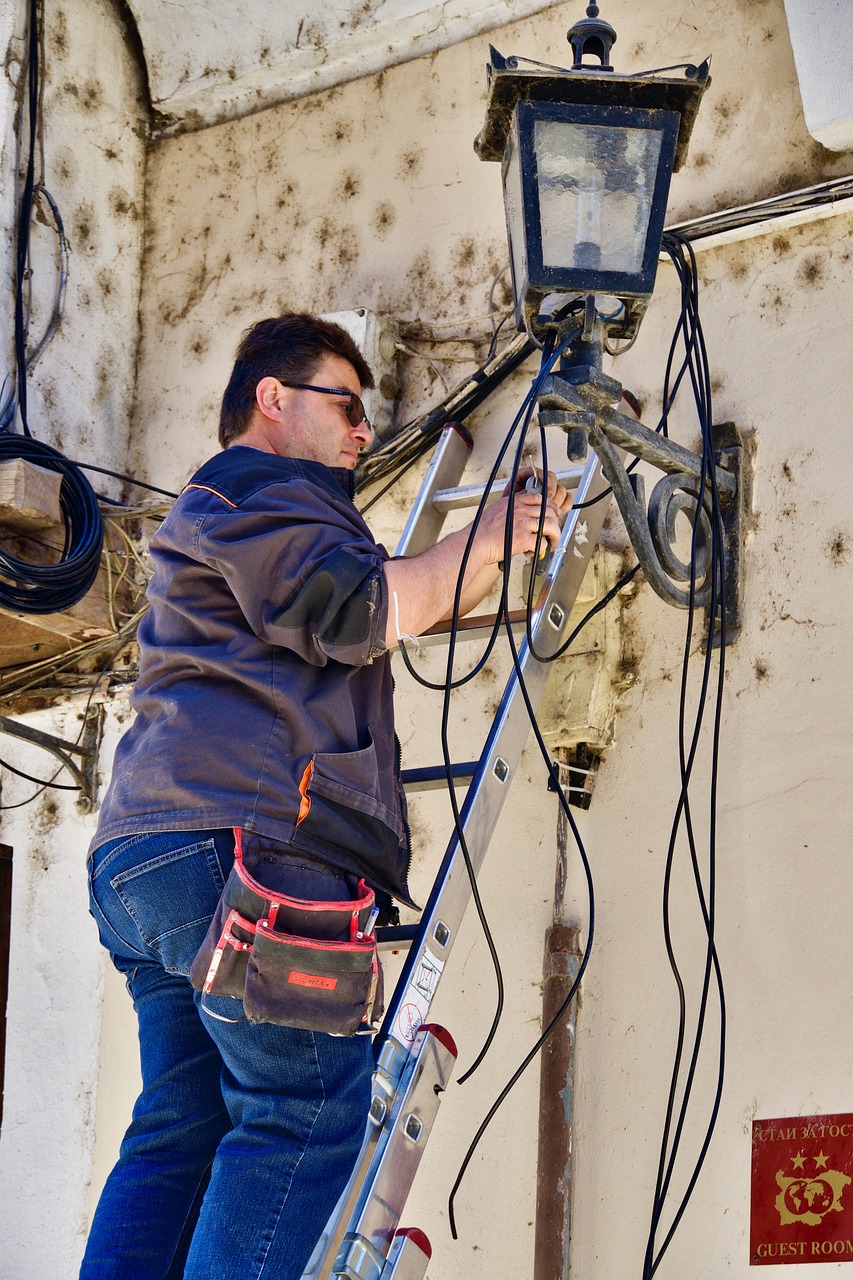Electricians play an essential role in our lives. They are responsible for installing, repairing, and maintaining electrical systems in commercial and residential settings. While commercial electrician jobs often involve more complex structures, residential electrician jobs hold just as much value.
Residential electricians install, maintain, and repair electrical systems in houses, apartments, and other residential buildings. These electrical systems can include anything from wiring and circuits to lighting and appliances. They ensure that electrical systems operate safely and efficiently.
To become a residential electrician, one needs to complete an electrical apprenticeship program. Apprenticeship programs involve on-the-job training and classroom instruction. It usually takes around four to five years to complete an apprenticeship program.
Once an individual completes the apprenticeship, they can become a licensed electrician. Having a license is essential as it demonstrates that the electrician has substantial experience and knowledge of electrical systems and safety guidelines.
Residential electrician jobs can be demanding physically and mentally. Electricians often work from ladders and must have good hand-eye coordination and problem-solving skills. They must also be detail-oriented and follow strict safety guidelines to avoid electrical hazards.
Residential electricians are in demand, and the job outlook for this profession looks positive. As new homes are built and older homes require updating, the need for electricians continues to grow. If you are interested in becoming a residential electrician, there are many opportunities available to you to start a rewarding career in the electrical field.






